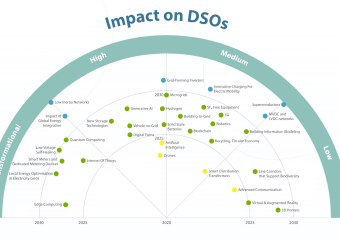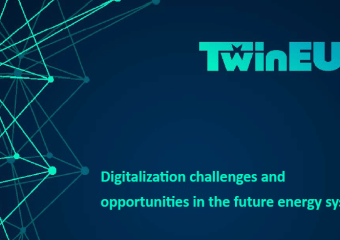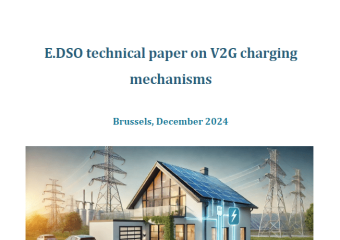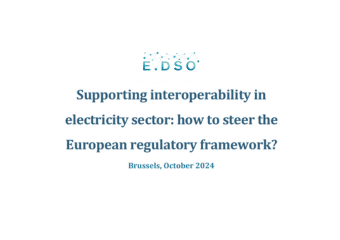Following the policy ambition set out by the European Green Deal for the EU to become a climate-neutral economy by 2050, transport emissions have to decrease by 90% by that year. An uncoordinated introduction of alternative fuel infrastructure policies in the Member States can lead to fragmentation of market action and a lack of security for long-term public and private investment in vehicle and fuel technologies. Directive 2014/94/EU on the deployment of alternative fuels infrastructure (AFID) was adopted in 2014 to ensure a common framework of measures for the deployment of alternative fuels infrastructure in the Member States.
The European Commission has invited E.DSO as a member of the Sustainable Transport Forum to express its opinion and share information on the impact of the existing Directive as well as on possible measures and potential impacts of its revision. E.DSO recommendations are primarily related to the subject of ‘grid integration’.
From our point of view EV charging integration can be considered as:
• an opportunity as EVs could be a source of additional flexibility in distribution grids. DSOs shall have an active role to enable the maximization of RES penetration by safeguarding the stability of the grid in a cost-effective manner for the common benefit.
• a way to support sustainable development and implement solutions which provide the opportunity of fast development of charging infrastructure, and thereby contribute to CO2 savings and better air quality.
In the attached document, E.DSO provided recommendations regarding:
• stimulating DSO involvement in locating public charging infrastructures;
• smart charging support;
• stimulating “connected” and “smart charging ready” stations;
• supporting 3-phase charging compared to 1-phase charging;
• improving interoperability and further standardizing technical requirements for charging stations and related communication standards;
• stimulating the mandatory implementation of cyber security requirements for charging infrastructure;
• promoting further research on the power quality impact of EVs.






